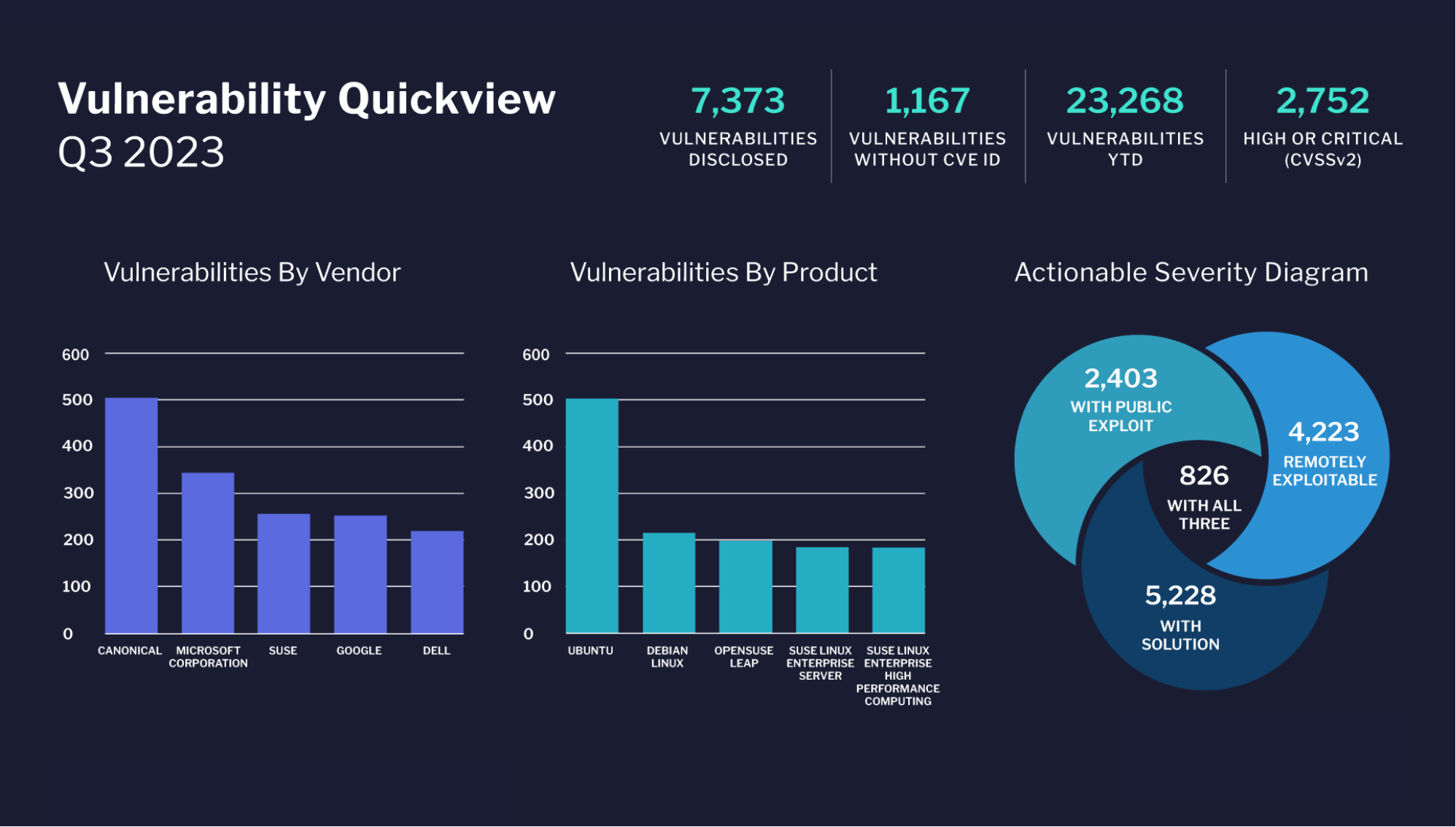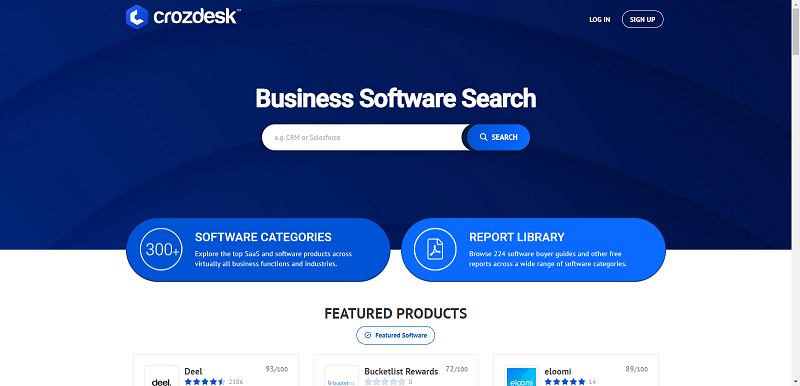The concept of “cloud” has become more of a norm for companies and organizations worldwide. Most now use cloud service providers (CSPs) for some part of their business, and cloud has grown from simply being an IT concern to a C-level concern. Debate continues over the varieties of cloud available, such as on-premise, hybrid, public and private, and it is an industry that according to Global Industry Analysts, Inc., will reach over $127 billion by the end of the year.
Since so much data is now being stored on cloud servers, CSPs must be vigilant and proactive to ensure their clients’ vital digital property is never compromised, infected, or held for ransom. The potential for damage extends well beyond simple data loss; companies can face litigation, fines, and destruction of their reputation and brand if their cloud platform is breached.
Cloud security is a joint responsibility: organizations bear some obligation to protect their data, but so, too, do the CSPs themselves. As a result, many CSPs realize that despite the substantial technology and human expertise they have at their disposal, the threats are varied and persistent. They must seek to stay one step ahead to continue serving as a trusted technology and security advisor to their clients. This is when certification can make a big difference.
While there are many compliance certifications that CSPs maintain, having certified cloud security professionals on staff, and also having them as third-party contractors, provides an opportunity for CSPs to bolster their reputation and expertise. This is especially useful when customers have reservations about cloud computing. Cloud security certification confers credibility and helps reassure the customer of a CSP’s status as a trusted technology and security advisor in the cloud.

The CCSP (Certified Cloud Security Professional) designation was co-created by (ISC)² and Cloud Security Alliance, and is a globally recognized credential representing the highest standard of cloud security expertise. The certification attests to deep, up-to-date knowledge and hands-on experience with cloud security architecture, design, operations, and service orchestration.
To qualify, candidates must already possess a minimum of five years cumulative, paid, full-time work experience in information technology, of which three years must be in information security and one year in one or more of the six domains of the CCSP Common Body of Knowledge (CBK).
Why should anyone pursue such a designation, and why should CSPs or their clients care about it?
As highly trained experts, CCSPs work either within an organization or as external contractors. Their role is to stay ahead of the trends, threats, and other developments that the often-overtaxed members of an internal IT team have little time to review. These include:
CCSPs assist with software and patches, vulnerability testing, auditing and training/awareness programs based on the most up-to-date knowledge. They are also well-versed in discussing strategy, planning and crisis management with people outside the IT department, specifically the Executive.
Attacks come from every type of connection point; not just cloud, but every other type of technology that touches a company, such as SaaS services, BYOD devices, even phishing emails. According to some experts, more than 400,000 new Malware instances are recognized daily.
Cloud Service Providers must be able to protect themselves as well as their customers, while simultaneously staying competitive, through innovation, scalability, and reliability. Much like a physician who must stay healthy while supporting the health of her patients, CSPs must be constantly on guard for threats and must stay permanently up-to-date. They must use tools and configurations that are very different from those that they give to their customers, for example, the technologies and protocols specific to hypervisor environments, which must remain isolated from their customers’ own structure.
CCSPs must also ensure their clients keep tabs on cloud security challenges that happen on an individual level, for example, when employees either choose or unwittingly start to use convenient commercial “DropBox-style” cloud storage providers or even infected USB drives. When they use these technologies, employees inevitably lead their companies into situations of heightened vulnerability by circumventing established security protocols.
Ultimately, cloud service providers must satisfy the customer’s concerns around a range of issues. These include transparency regarding where the data resides and how it is being protected; proof of a CSP’s ability to protect that data; proof of experience and up-to-date capability, and a guarantee of available resources and expertise.
CCSPs give cloud service providers the capacity to build, operate, and demonstrate a security policy that can be proactive, and which is also able to react with great speed, accuracy, and completeness.
The CCSP allows the cloud service provider to remain a trusted advisor and a trusted repository of their customers’ vital data, prosperity and reputation.
Sponsored series by (ISC)². For information on CCSP, check out this infographic or visit the (ISC)² website at www.isc2.org/ccsp.
By Steve Prentice





